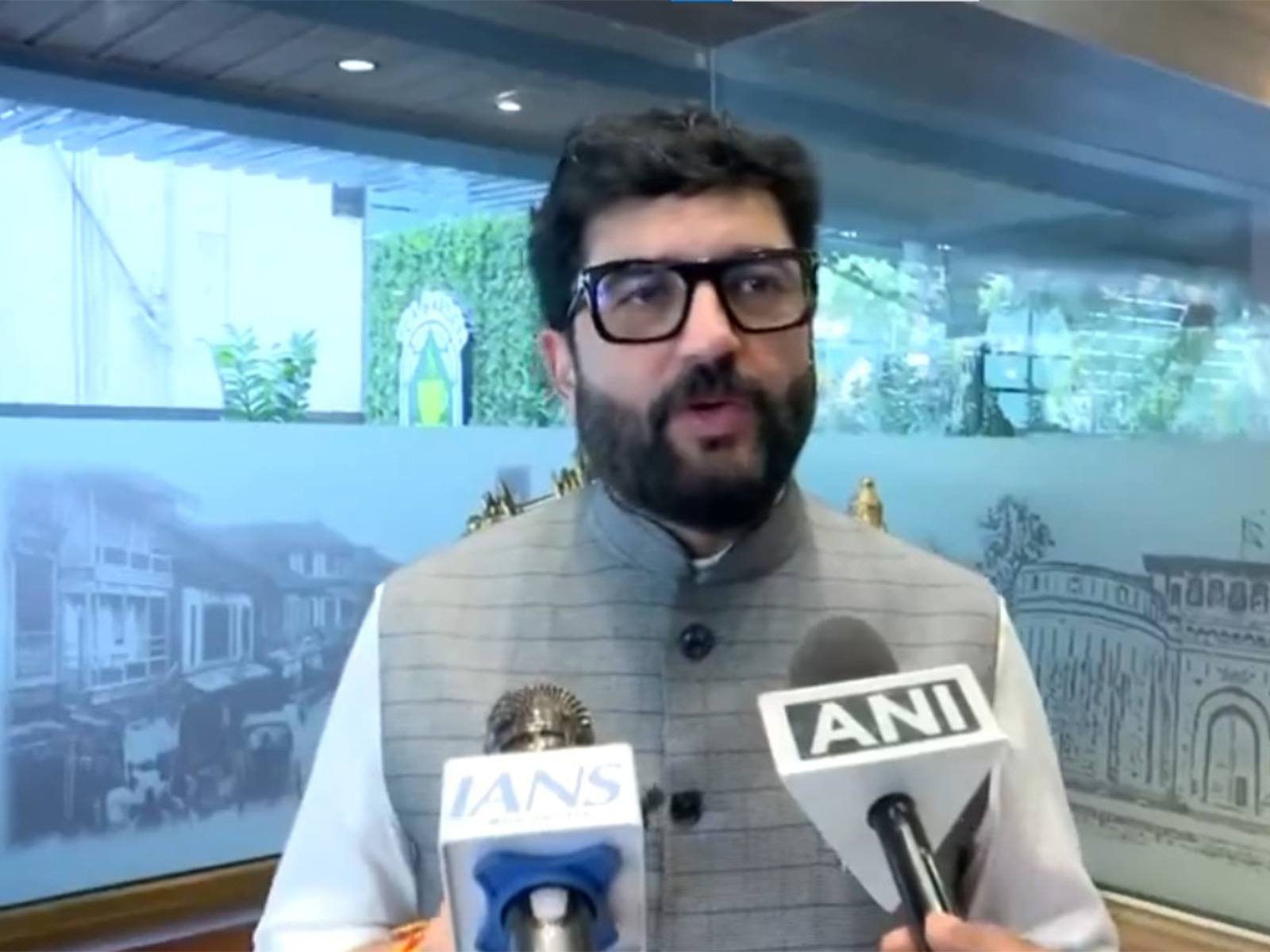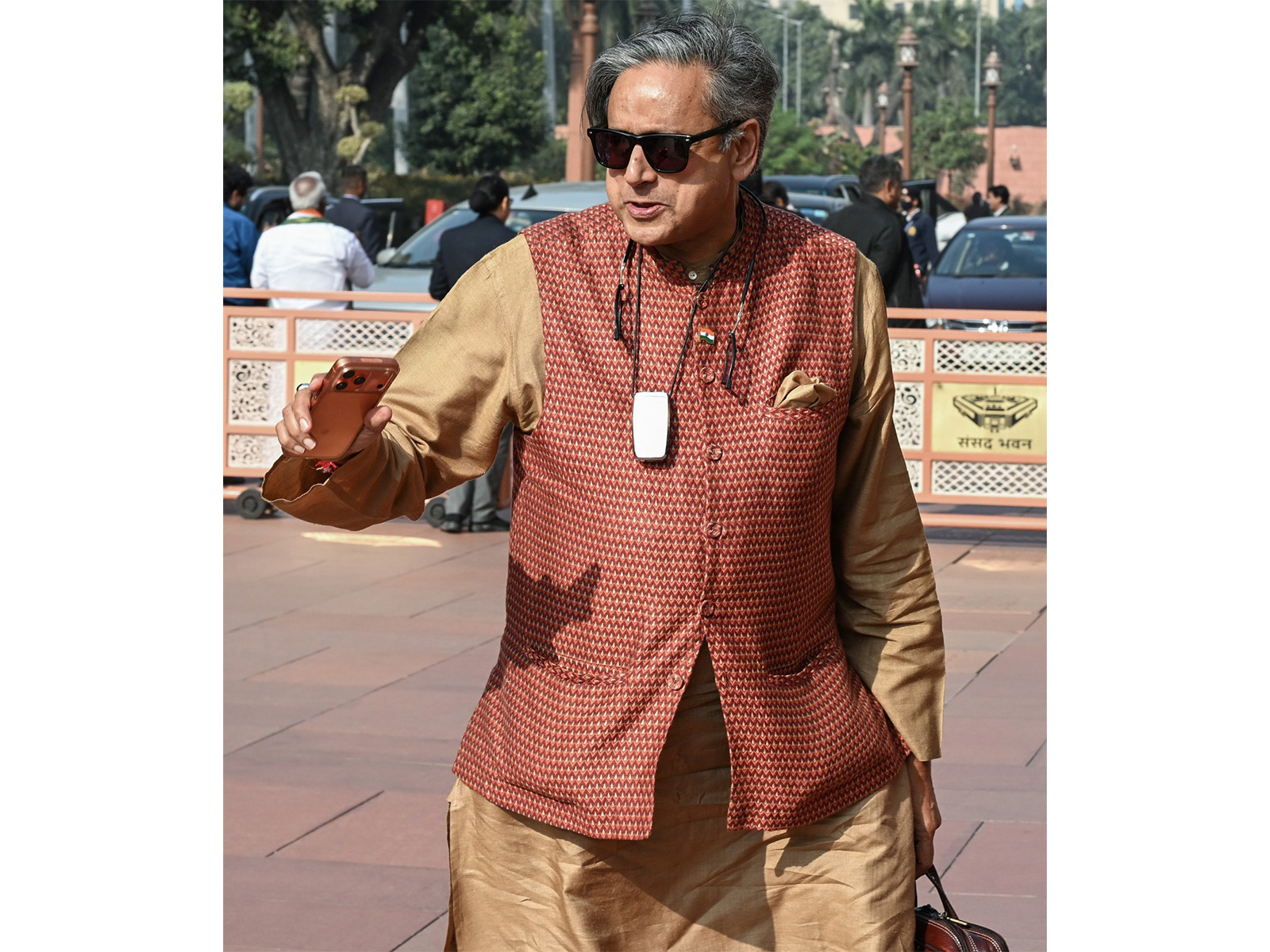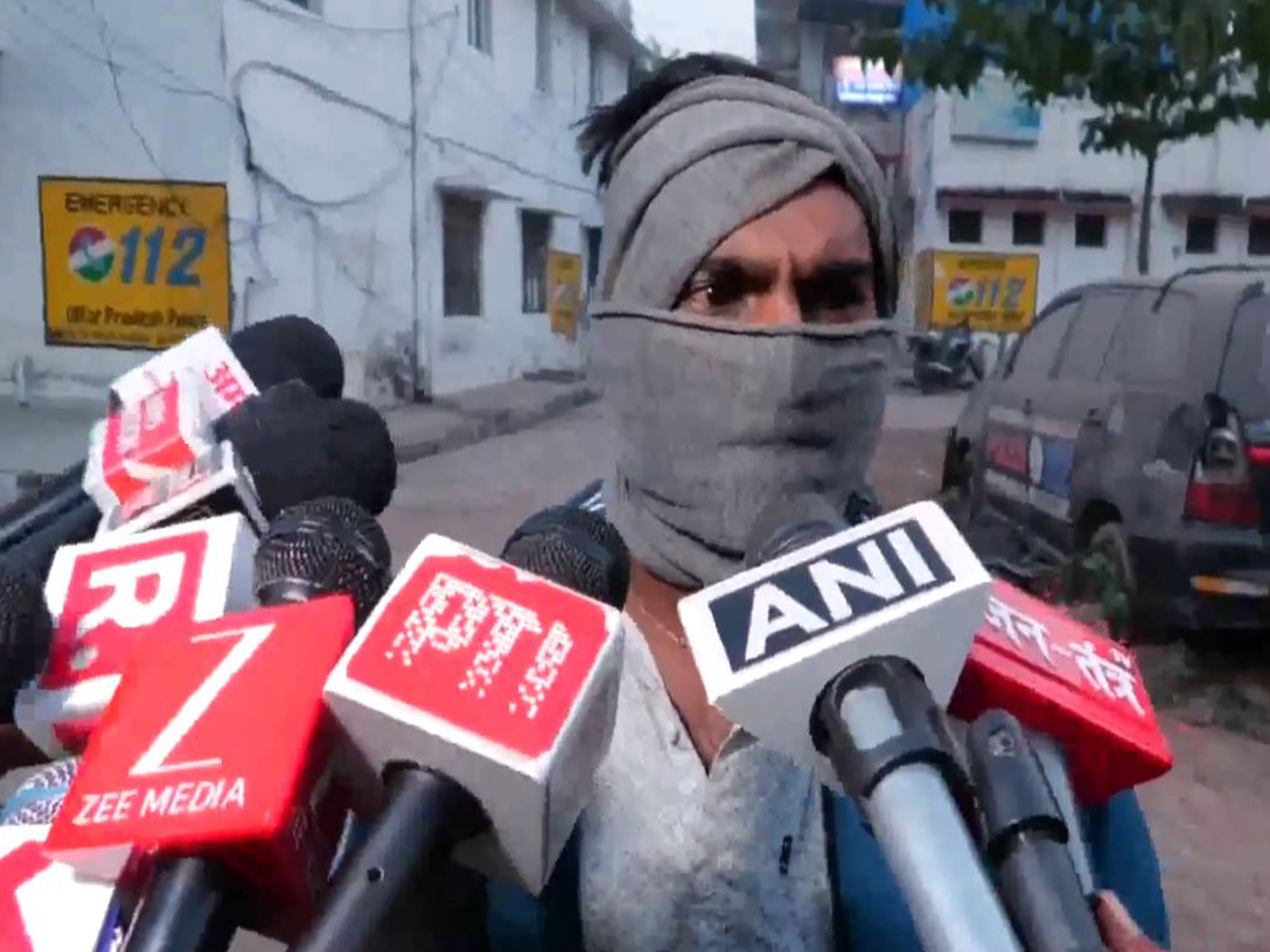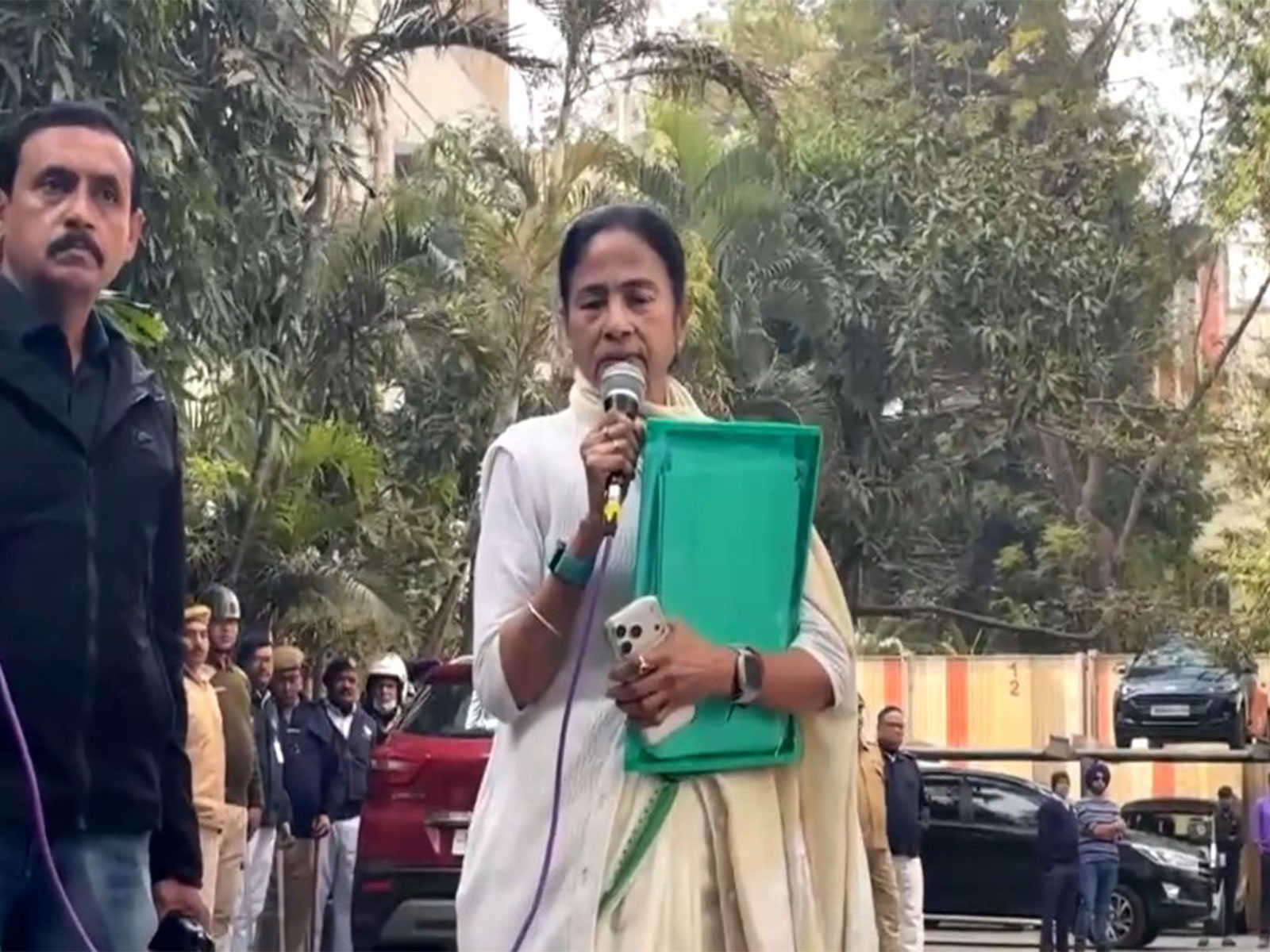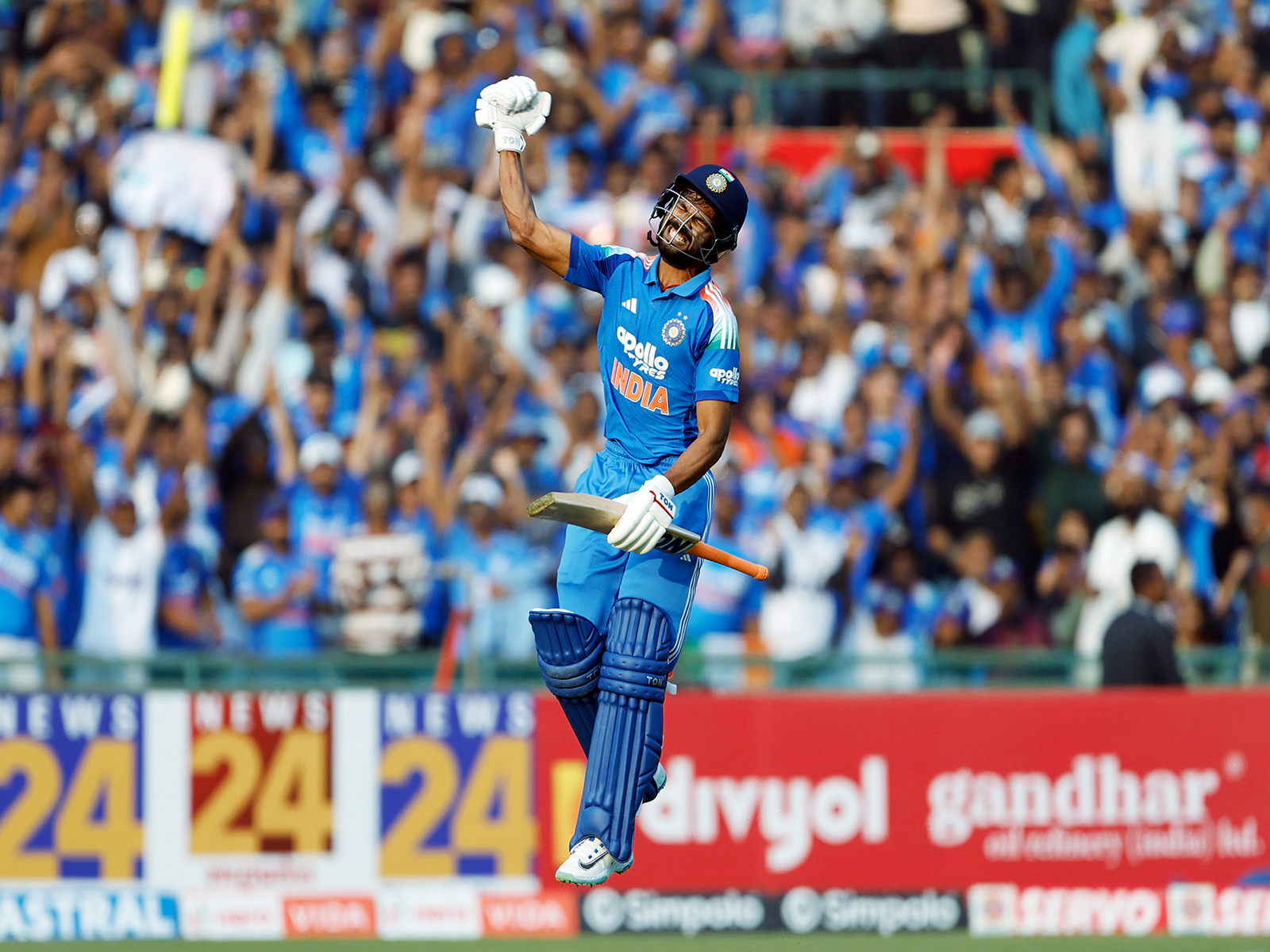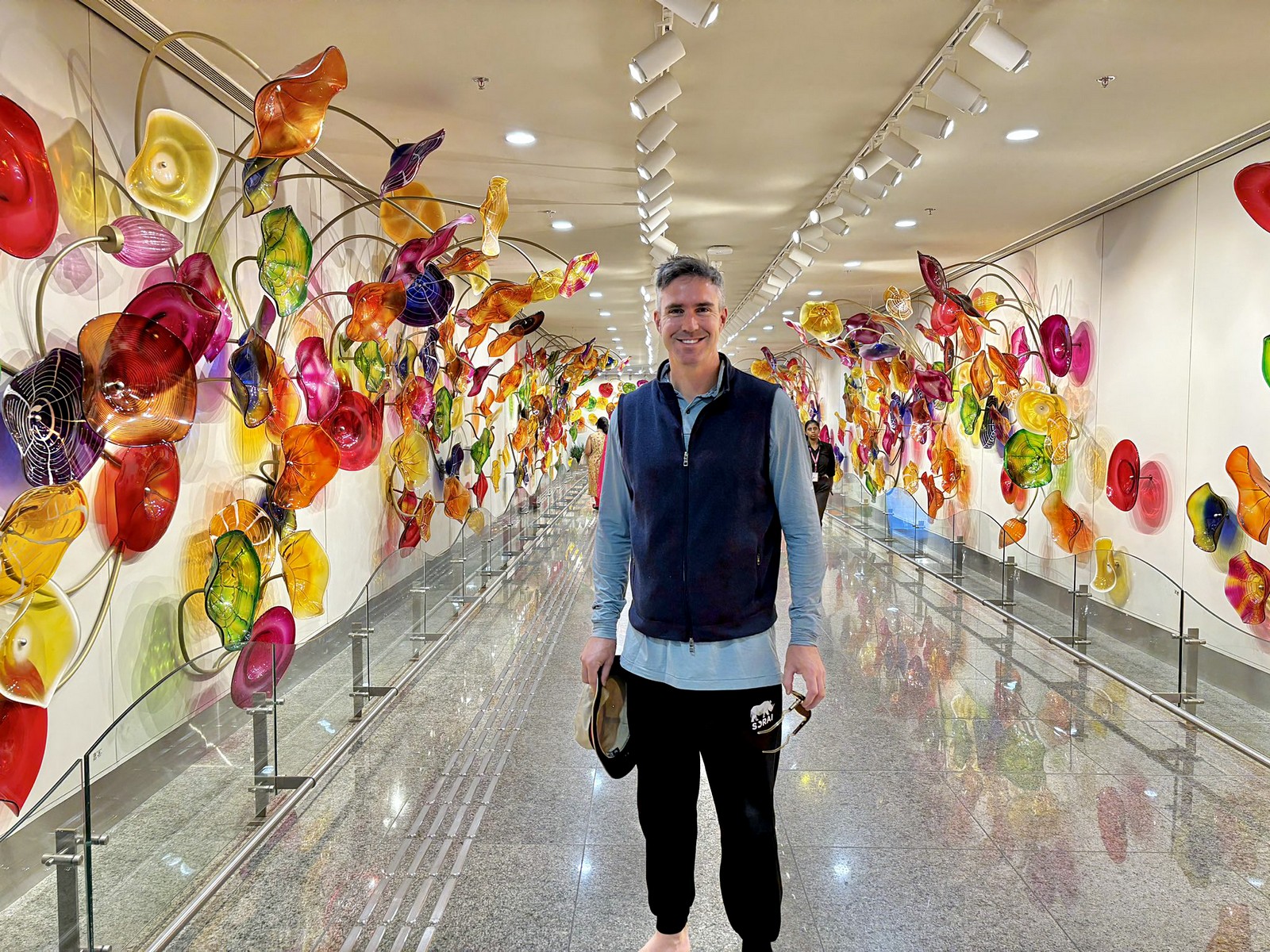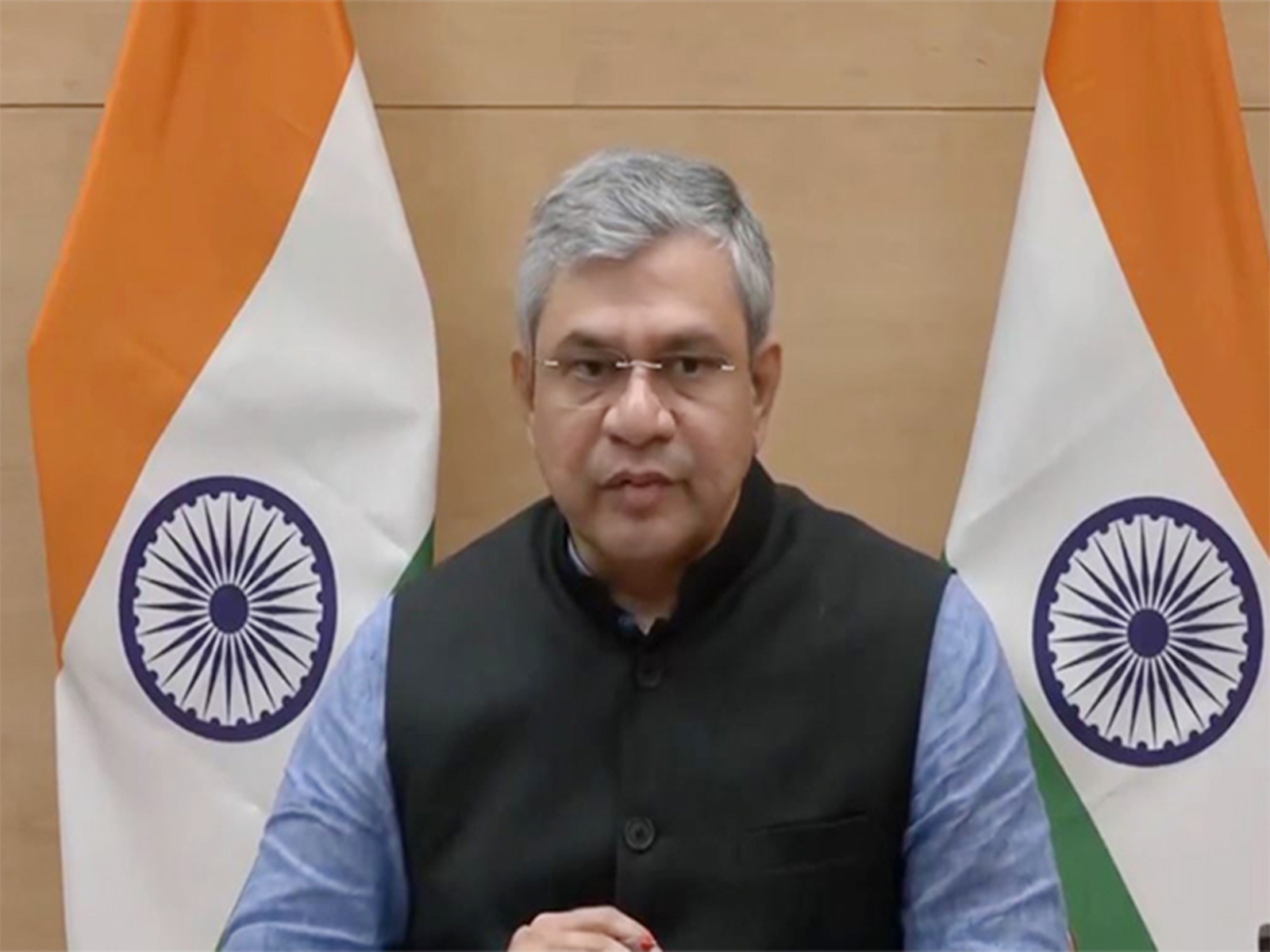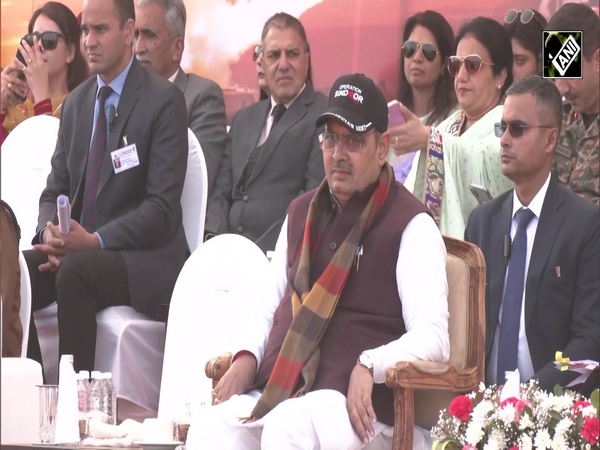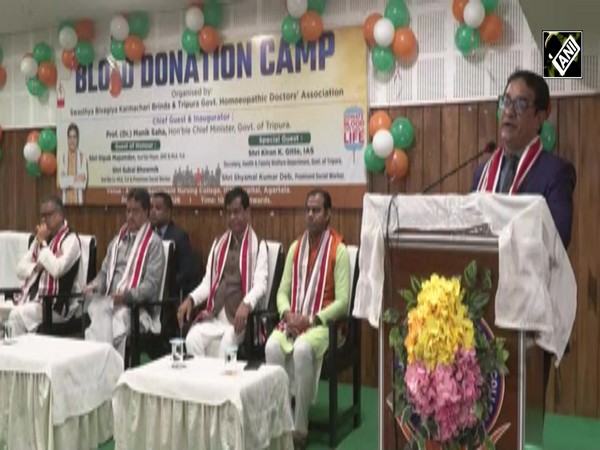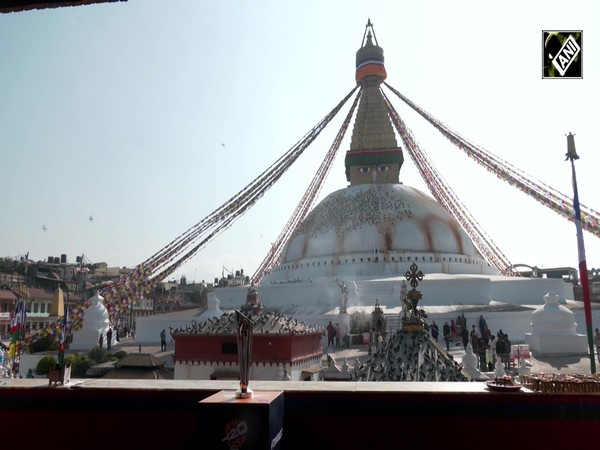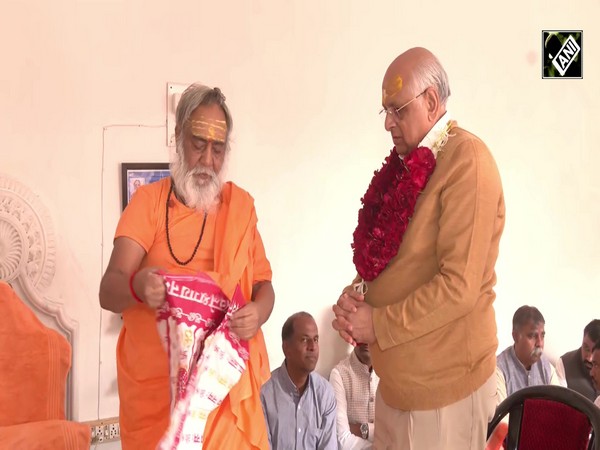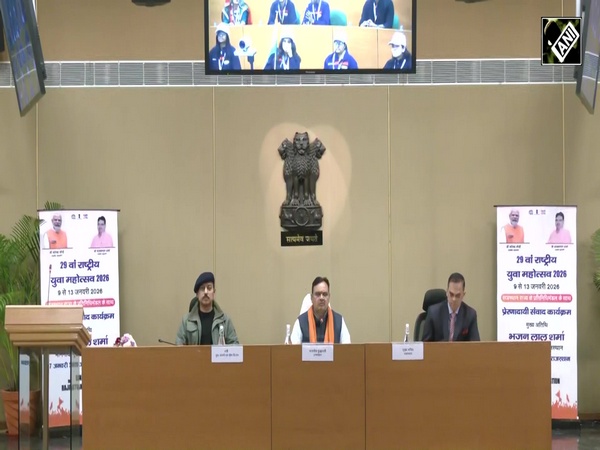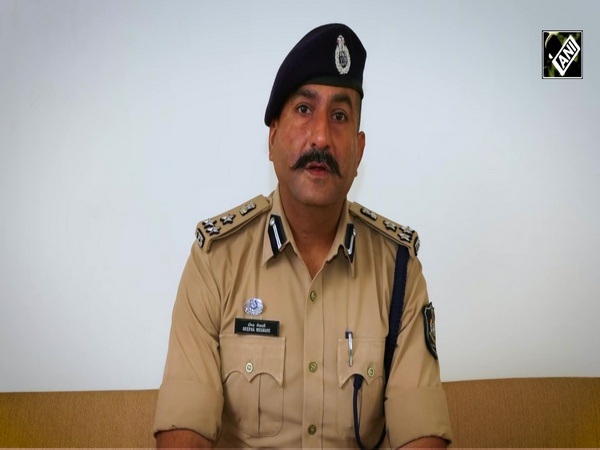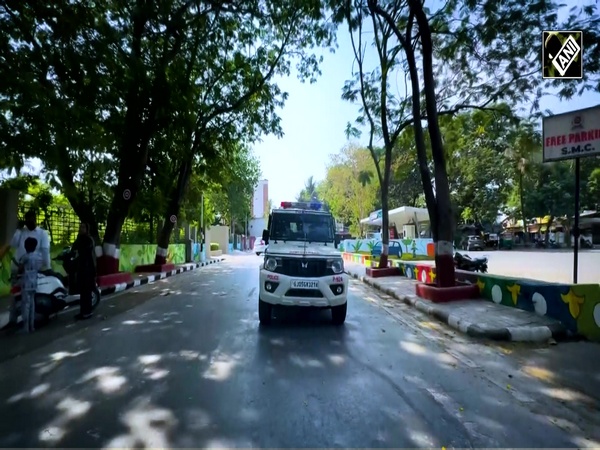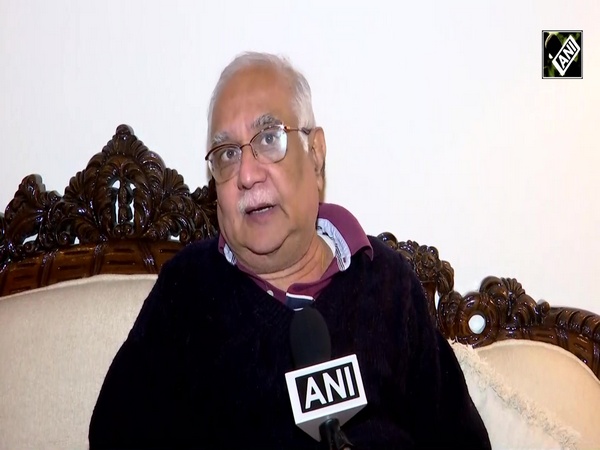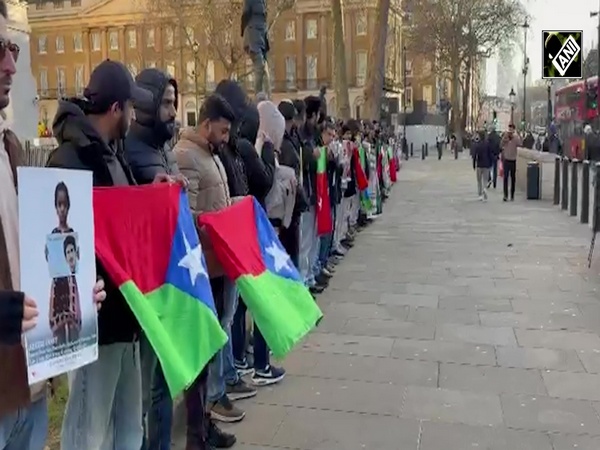Kolkata hosts 3rd G20 Anti-Corruption working group, ministerial meetings
Aug 09, 2023

Kolkata [India], August 9 : The third and final meeting of the G20 Anti-Corruption Working Group (ACWG) under India’s Presidency began here today.
Hosted at the city's ITC Royal Bengal Hotel, the gathering marks the beginning of a three-day summit aimed at addressing critical issues related to corruption on a global scale.
Under the leadership of India's presidency, the 3rd G20 ACWG meet is poised to bring together key stakeholders, experts, and representatives from G20 member nations, along with 10 invitee countries and several international organizations.
A total of 154 delegates have converged in Kolkata to deliberate on strategies, initiatives, and collaborative efforts to combat corruption, promote transparency, and uphold ethical governance.
The G20 Anti-Corruption Working Group meeting, spanning from August 9 to August 11, is set to cover a comprehensive agenda that includes discussions on innovative approaches to combating corruption, sharing best practices and strengthening international cooperation.
The culmination of this vital event will lead to the highly anticipated G20 Anti-Corruption Ministerial Meeting scheduled for August 12. Chaired by Union Minister Jitendra Singh, this ministerial meeting will provide a platform for high-level dialogues, strategic insights, and policy recommendations to further the cause of anti-corruption efforts.
The G20 Anti-Corruption Working Group (ACWG) was formed in 2010 to provide anti-corruption advice to G20 leaders.
Public and private sector integrity and transparency, bribery, international collaboration, asset recovery, beneficial ownership transparency, vulnerable sectors, and capacity-building are among the thematic focus areas.
The group's members are the 19 G20 countries and the European Union, as well as Singapore, Spain, and Switzerland as permanent guest countries and other guest countries invited by the corresponding chair.
International organisations and intergovernmental bodies, including the United Nations Office on Drugs and Crime (UNODC), the Organisation for Economic Co-operation and Development (OECD), the World Bank, the International Monetary Fund (IMF), and the Financial Action Task Force (FATF), serve as observers. Furthermore, the ACWG collaborates closely with several G20 participation groups, particularly civil society (C20) and business (B20).
The St. Petersburg Strategic Framework and multi-year action plans drive the group's activity. The co-chairs set the focus of the work within the limitations of the action plans.
Every year, the group produces deliverables, which often take the shape of high-level principles, collections of best practises, and country-specific guidelines.
Furthermore, the group is required to report on its progress annually and to publish monitoring or accountability reports on a regular basis.
